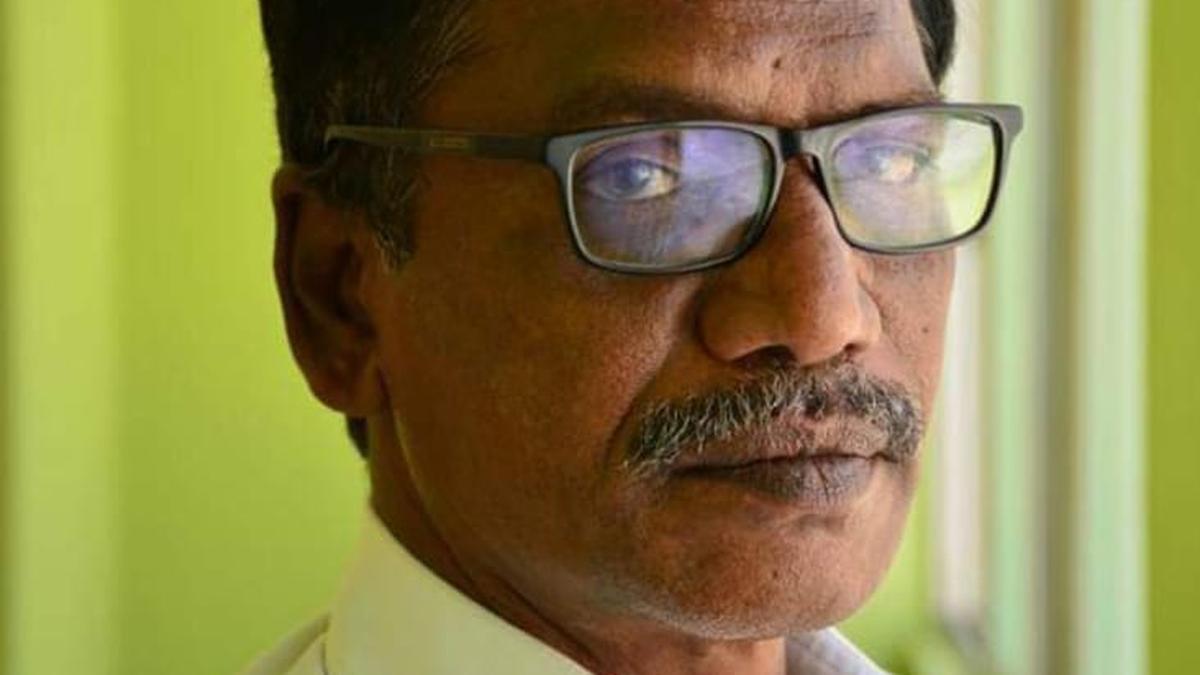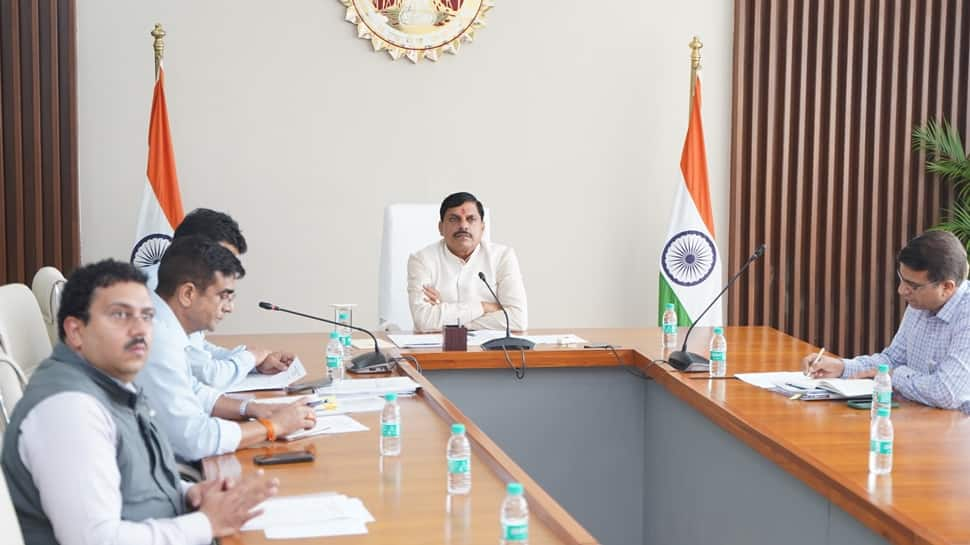Tamil writer Devibharathi’s novel Neervazhi Padoom, depicting the life of the Kudi Navithar, the community barbers in the Kongu region of Tamil Nadu, has won the Sahitya Akademi award for 2023. Neervazhi Padoom is a line from Purananuru poem, a Sangam age literary work. The lines Neevazhi Padoom “punaipol aaruyir muraivazhi padoom” translates to a float that sails on the way of the water, indicating that life travels on the path chalked out by fate.
“The award has offered me great recognition. The Sahitya Akademi’s recognition will take the novel to other languages in the country,” said 65-year old Devibharathi, who had worked with literary magazine Kalachuvadu for 10 years including as editor-incharge for 7 years.
Narrated through an unnamed character (the author), the story begins at the death of Kaaru Mama (Kaaru Uncle) at Udayampalayam and the narrators’ memories of him intertwines with present day life. When Kaaru Mama’s wife eloped with another man with her children, he reconciled himself to the reality though he gradually lost his mind, and died almost like an orphan. His wife Rasamma also attended the death ceremony and his son Sundaram also made himself present.
Though the barbers are at the mercy of the caste-Hindus and live in dire straits, the novel does not deal with the issues of oppression. On the other hand, the author through his language captures the life of the people that flows with the water without making any effort to swim against the current.
“The oppression is self-inflicted and the external factors have no role to play. Kaaru Mama is cheated and exploited by his relatives. His life is an amalgamation of one betrayal after the other. But he makes no complaints,” said writer and translator G. Kuppuswamy.
The way he describes the mourners’ song at the death of Kaaru Mama, conjures up a new world, unlike the one created artificially by the professional mourners. It is the mourning of the relatives who arrive at Udayampalayam and announce the death of Kaaru Mama to the local people, who come out of their houses to know the reason.
“The mourning of women creates the effect of magic realism. The mourning songs identified Kaaru Mama to others and everyone was swept away by the song,” said Mr. Kuppusamy.
Writing about the scene, Devibharathi says that women, who excelled in mourning songs capable of creating emotions, enjoyed special respect. When there is a death they would be informed first. When the funeral procession of Kaaru Mama started there was heavy rain. “The blessed have flowers and water (Punniyam Seithavarukku Poovundu Neerundu),” says one of the mourners.
Asked whether the prize would draw the world’s attention to the plight of the Kudi Navithar, Mr. Devibharathi, said he was also from the community and was not sure about it. “But it is a very important novel,” he said.
While the barber communities elsewhere in the State who also perform the nagaswaram and thavil, the Kudi Navithar of Kongu regions are excellent singers and narrate the stories of Annanmar Kathai in folk tunes. “They have in their possession a lot of stories set to folk tunes,” he said.





